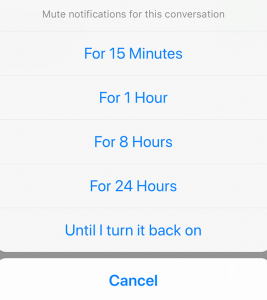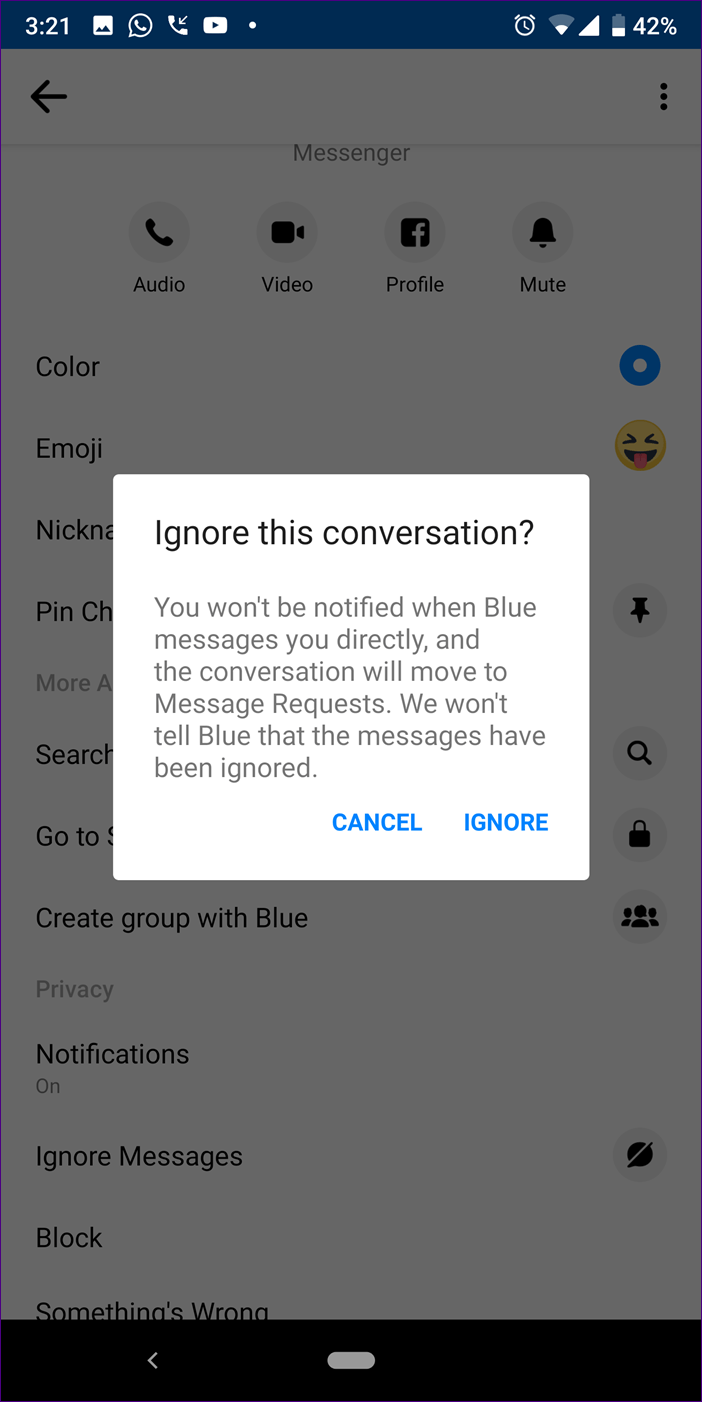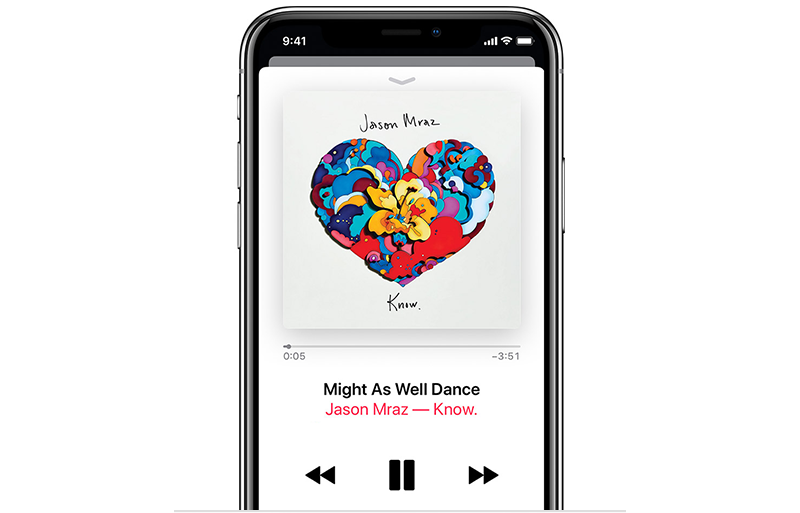Messenger, a ubiquitous communication tool across social media platforms like Facebook and WhatsApp, serves as a vital link for individuals to connect with friends and contacts. However, encountering situations where you suspect someone has muted you on Messenger can be disconcerting. In this guide, we’ll explore the reasons behind muting, the process of muting someone, and strategies to determine if you’ve been muted on Messenger.

Muting on Messenger:
Muting individuals or groups on Messenger is a common practice to avoid receiving notifications from conversations deemed unnecessary or overwhelming. With the proliferation of group chats and lengthy conversations, muting provides users with a way to manage their messaging experience effectively. It’s essential to distinguish muting from blocking—an action that permanently prevents messages from being delivered.
How to Mute Someone on Messenger:

Muting someone on Messenger is a straightforward process, and it varies slightly depending on the platform you’re using:
- On Facebook Messenger: Long-press on the contact you wish to mute, select “Mute notifications,” and choose the desired duration.
- On WhatsApp Messenger: Open the chat, tap on the three-dot menu, select “Mute notifications,” and specify the mute duration.
These steps ensure that notifications from muted conversations are temporarily silenced, providing users with respite from incessant alerts.
Determining if You’ve Been Muted:
Discovering whether someone has muted you on Messenger can be challenging, but there are some indicators to consider:
Message Delivery Status: When you send a message, Messenger displays a single dark tick to indicate that it’s been delivered to the recipient’s device. However, if the message remains unread for an extended period, it could suggest that you’ve been muted.
Relationship Dynamics: Evaluate the nature of your relationship with the recipient. If previous interactions have been unproductive or strained, it’s plausible that you’ve been muted to avoid further communication.
Ignore Conversation Feature: Facebook offers an “ignore conversation” feature that allows users to stop receiving notifications from specific individuals. If messages sent to a recipient don’t trigger notifications, it could signify that you’ve been muted.
Glitch Method(Not Recommended):
Some users have attempted a “glitch” method to determine if they’ve been muted, where they send a message and monitor the “Seen” status. However, this method isn’t reliable and may not accurately indicate whether you’ve been muted.
The Implications of Muting:
Being muted on Messenger can have various implications, both for the muted individual and the relationship dynamics:
Communication Breakdown: Muting can lead to a breakdown in communication, as messages go unnoticed and responses are delayed or nonexistent.
Strained Relationships: In some cases, muting may indicate underlying issues or conflicts within the relationship. It’s essential to address these concerns openly and transparently to foster healthier communication.
Privacy and Boundaries: Muting can also be a means of asserting privacy and setting boundaries in digital interactions. Respecting these boundaries is crucial for maintaining trust and mutual respect.
Navigating Social Interactions on Messenger:
Navigating social interactions on Messenger requires a nuanced understanding of communication dynamics and interpersonal relationships. Here are some tips for effectively managing your messaging experience:
Respect Others’ Boundaries: Respect the preferences and boundaries of others, including their decision to mute or ignore conversations. Avoid inundating individuals with messages if they’ve indicated a desire for space or privacy.
Open Communication: Foster open and transparent communication with your contacts. If you suspect that you’ve been muted, consider initiating a conversation to address any underlying concerns or misunderstandings.
Utilize Other Communication Channels: If messaging on Messenger becomes challenging or unproductive, consider alternative communication channels such as phone calls or face-to-face interactions.
Conclusion
In conclusion, understanding the dynamics of muting on Messenger is essential for navigating social interactions effectively. By recognizing the signs of muting, respecting others’ boundaries, and fostering open communication, users can maintain healthy relationships and manage their messaging experience responsibly. Remember that muting is a tool for managing communication, not a reflection of personal worth or value. By approaching digital interactions with empathy, understanding, and respect, users can cultivate positive and fulfilling relationships on Messenger and other messaging platforms.
Experiencing difficulties with your Device, check out our “How To” page on how to resolve some of these issues.







I think that was the most uncomprhinsible answers I’ve ever read .you kept putting someone down for trying to have a conversation with someone that was trying to communicate with another person it could have been family or a friend that u just caused someone to think they had done something wrong .stop with the bull crap of making everyone seem like stalkers .